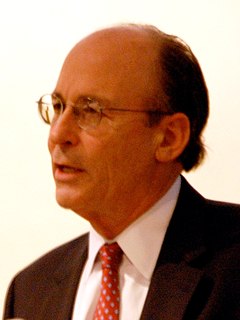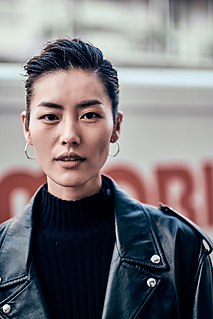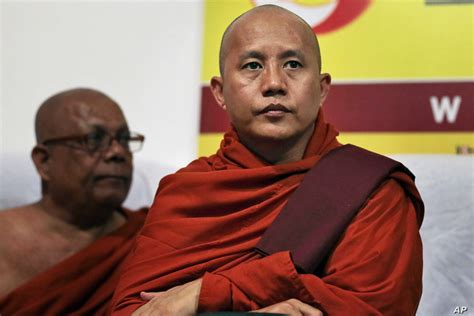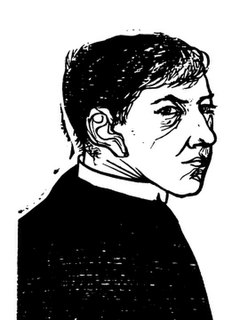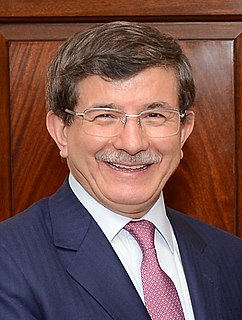A Quote by Tenzin Palmo
In the texts, and as His Holiness the Dalai Lama reminds us, we should check the person's behavior not when they're sitting on a big throne, but behind the scenes. How do they treat ordinary people - not the big sponsors - but just ordinary people who are of no particular importance to them.
Related Quotes
I think some people are not interesting to themselves. They're the sad, resigned folk. When people call themselves ordinary - "I'm just an ordinary person" - you do wonder what they mean, because people who call themselves ordinary occasionally turn out to be serial killers. Beware of those who say they're ordinary.
What I bring to the interview is respect. The person recognizes that you respect them because you're listening. Because you're listening, they feel good about talking to you. When someone tells me a thing that happened, what do I feel inside? I want to get the story out. It's for the person who reads it to have the feeling . . . In most cases the person I encounter is not a celebrity; rather the ordinary person. "Ordinary" is a word I loathe. It has a patronizing air. I have come across ordinary people who have done extraordinary things. (p. 176)
I don't feel that no big stone should be put over my head, saying he did this, he did that. Unless there's something that I really did do. I believe I'm just ordinary. And I'd like for people to think of me that way, as just a guy that tried. Wanted to be loved by other people because he loved people.






